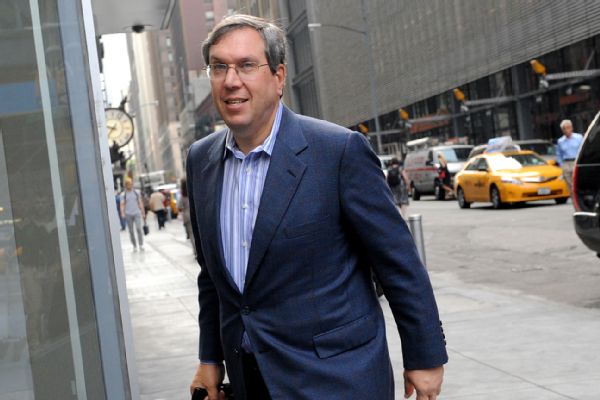si.com
NCAA could take big hit in scholarship anti-trust trial
Has the NCAA illegally fixed the price of an athletic scholarship below the cost of a college education? Or, is the NCAA trying to protect amateurism and competitive balance for its member schools?
A jury in Los Angeles will answer these questions in a trial that will begin on June 12. The jury's answer could be expensive for the NCAA. Very expensive.
Lawyers representing all Division I football and basketball players (there are 11,500 of them) claim that the athletes are shortchanged an average of $2,500 a year because of an arbitrary NCAA limit on scholarships.
Cont'd ...








